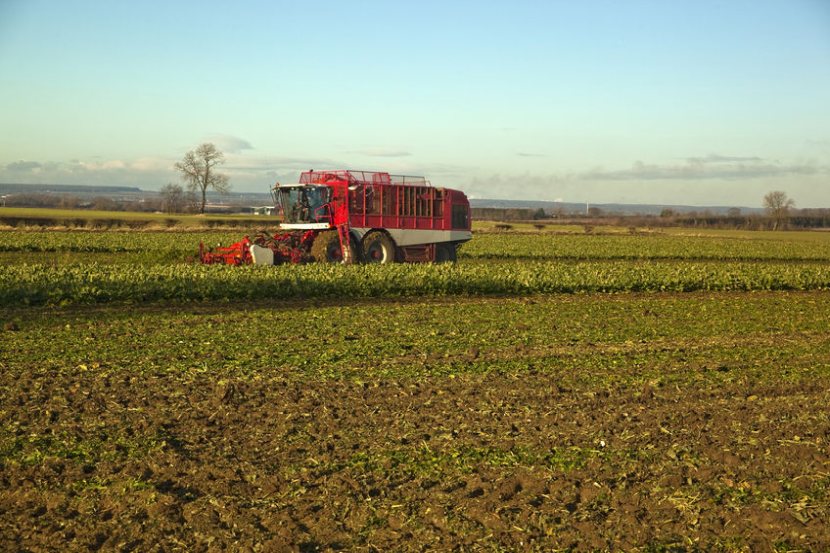
The NFU has warned the government that it is failing to recognise the significant impacts of the UK-Australian trade deal on sugar beet growers.
Earlier this week, both countries announced they had reached a trade agreement, marking the first major trade deal negotiated by the UK since it left the EU.
This is despite the farming industry raising concerns that producers could be overwhelmed if the market is flooded with lower-standard goods from Australia.
According to reports that have emerged from the Australia, sugar tariffs could be eliminated over eight years, but with an immediate duty-free quota of 80,000t, rising by 20,000t each year.
The NFU has warned that it was 'incredibly concerned' with the potential introduction of this and the impacts it would have on the UK sugar market.
The union's sugar board chair Michael Sly pointed out that Australian growers had access to plant protection products containing over 30 active ingredients which are illegal for outdoor use in the UK.
This included 13 which had actively been withdrawn and banned from use in the UK, Mr Sly explained.
"UK growers are subject to such different regulatory standards compared to our Australian cane growing friends," he said.
"The UK is one of the most efficient sugar producers in the world, so by all accounts should be well placed to compete with growers anywhere if we had access to the same tools and technologies.
"But British growers cannot compete against growers who follow a different rulebook."
He said it was 'completely unsustainable' to expect UK beet growers to be able to compete with cane growers in Australia, when UK growers had a 'significantly narrower toolbox' to draw on to tackle weeds, pests and diseases.
"By producing sugar in ways which would be illegal in the UK, Australian growers are able to reduce costs of production in a manner that UK growers are banned from doing," Mr Sly said.
Furthermore, the UK is set to become possibly the only country with any significant domestic sugar industry which allows completely free access for Australian sugar.
The NFU sugar board chair added that it was 'incredibly unusual' for sugar to be included within the UK-Australia FTA, as tariffs have remained on sugar in Australia’s trade deals with Japan and the US.
Mr Sly said: "Both of these sugar-producing countries are, like us, net importers. Surely the UK should have the same safeguards to ensure British sugar growers can continue to thrive?"
